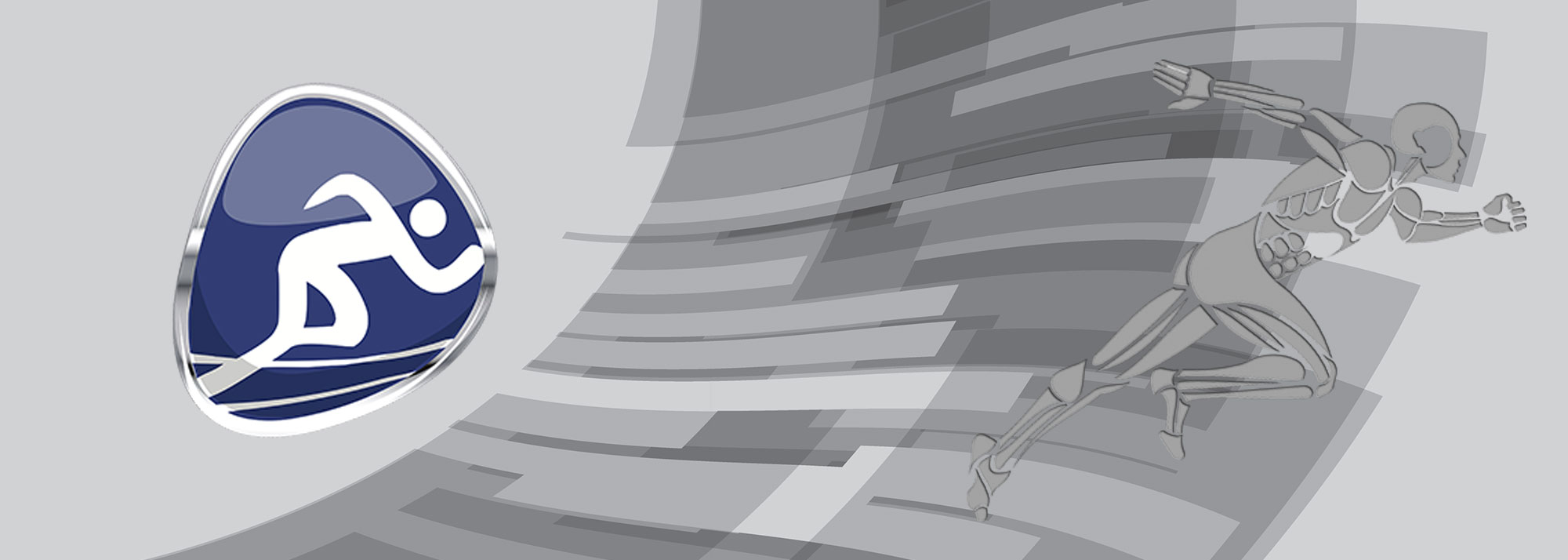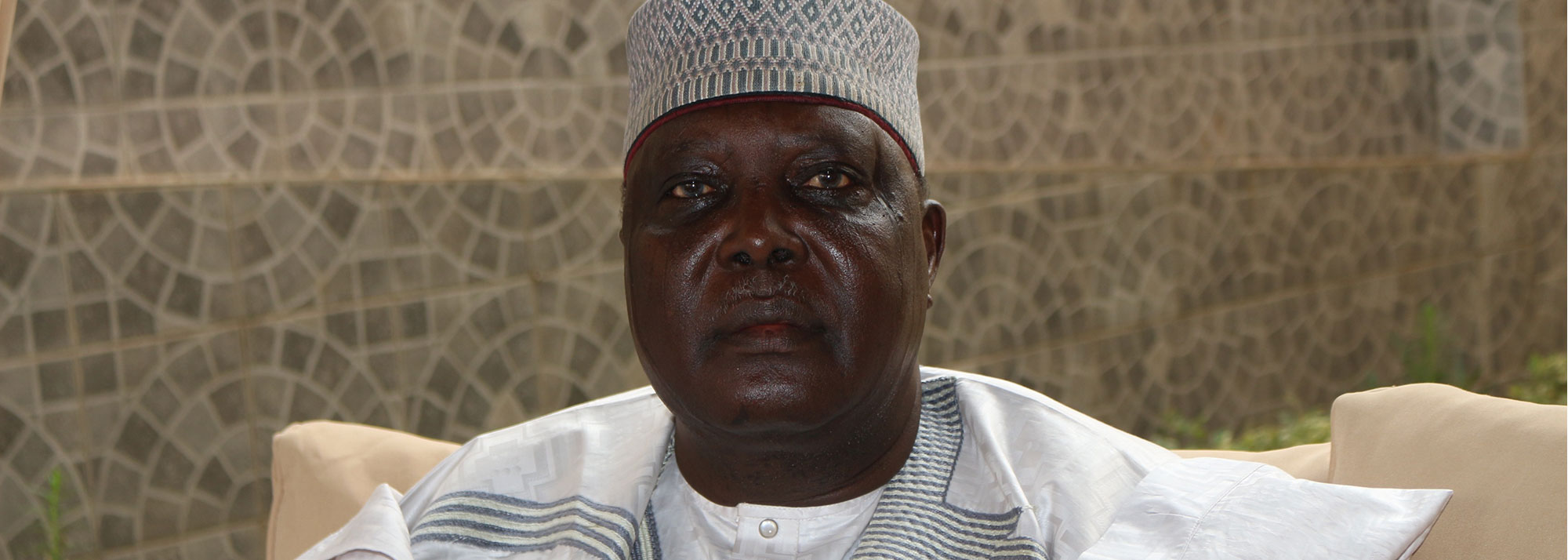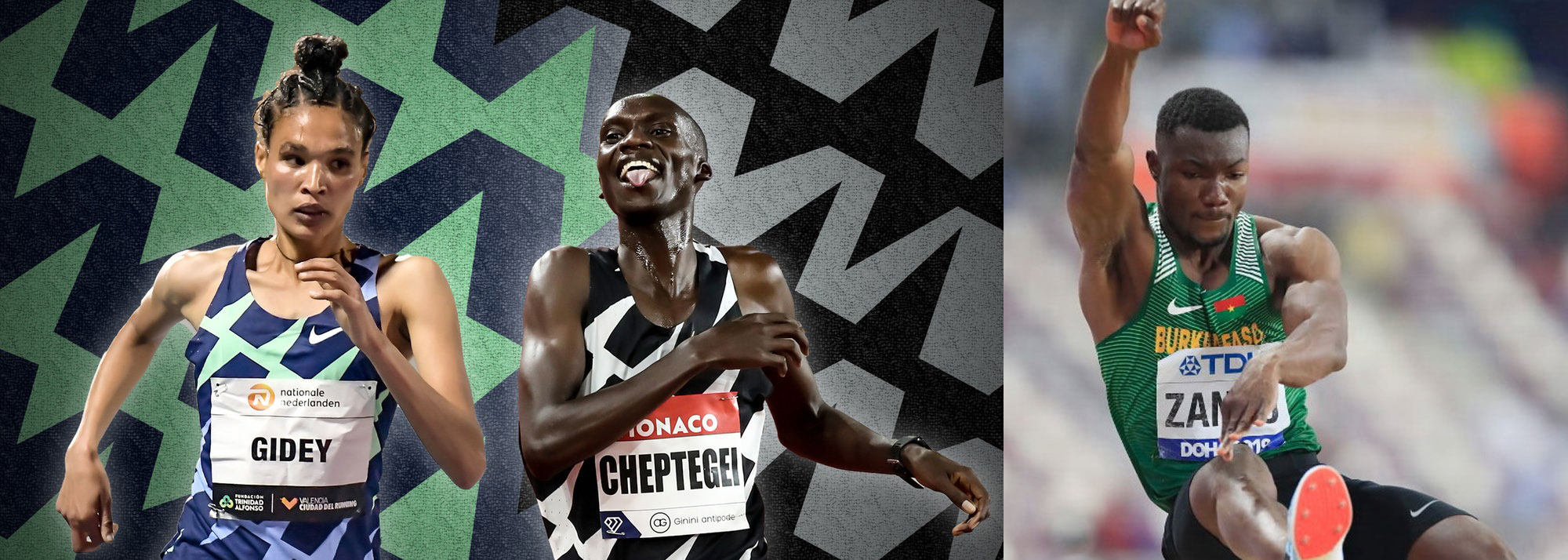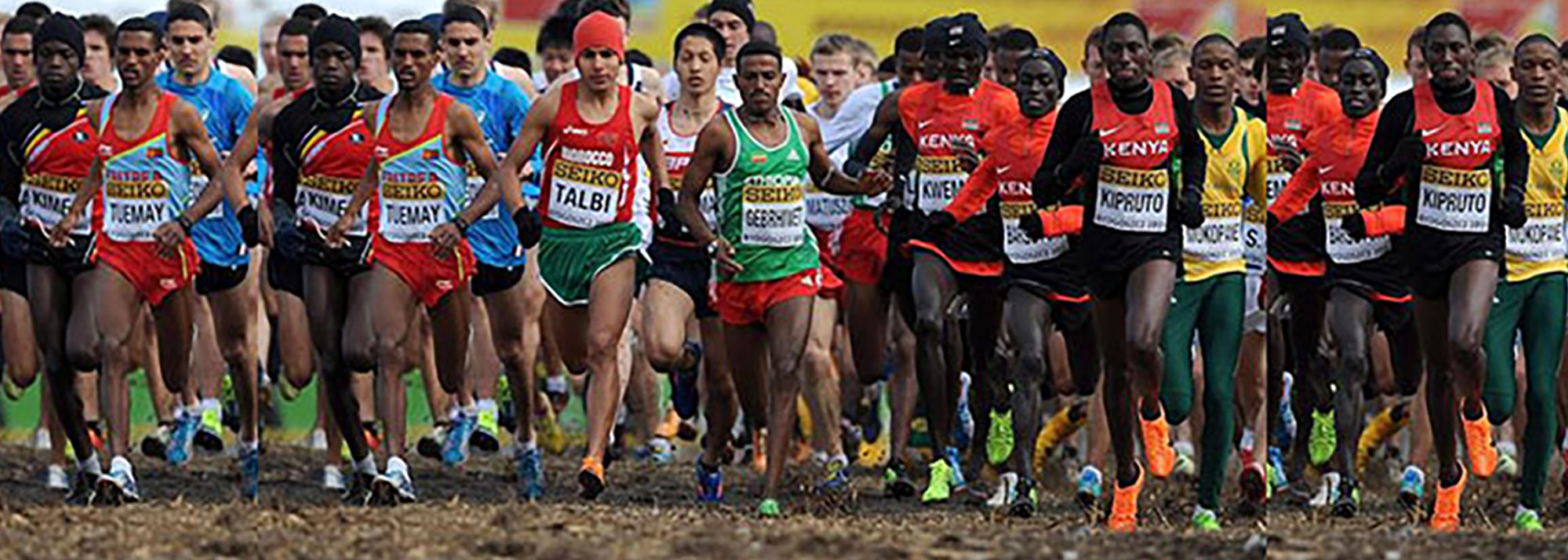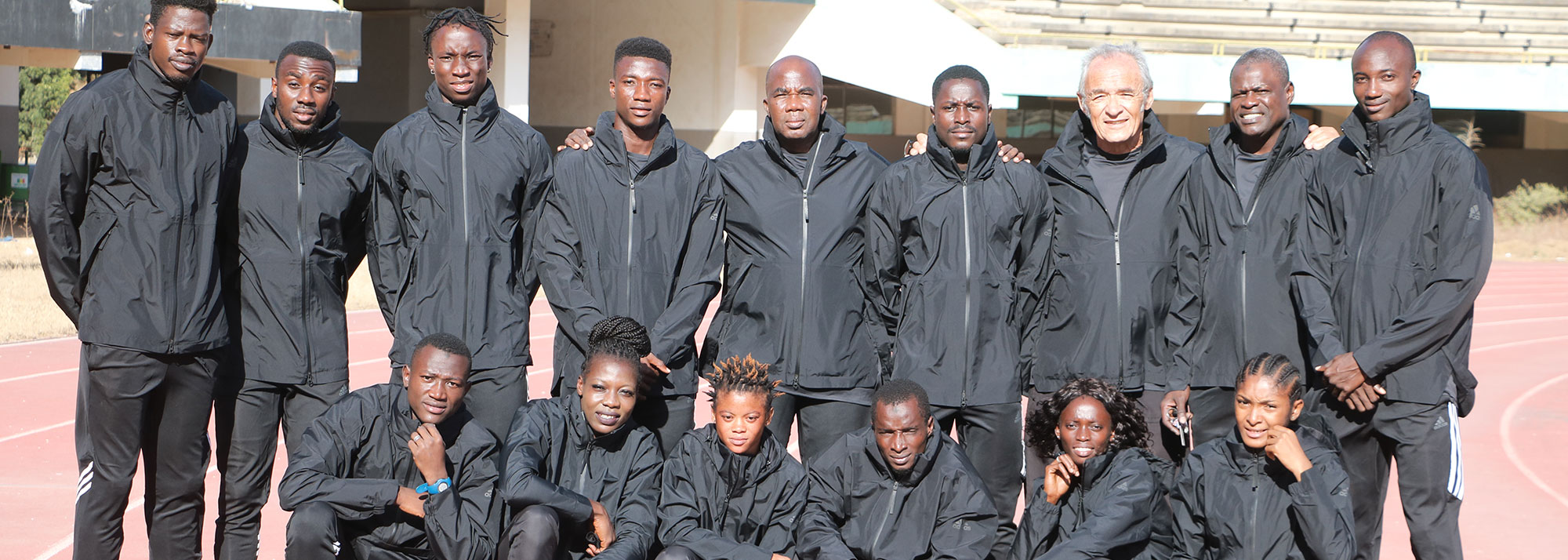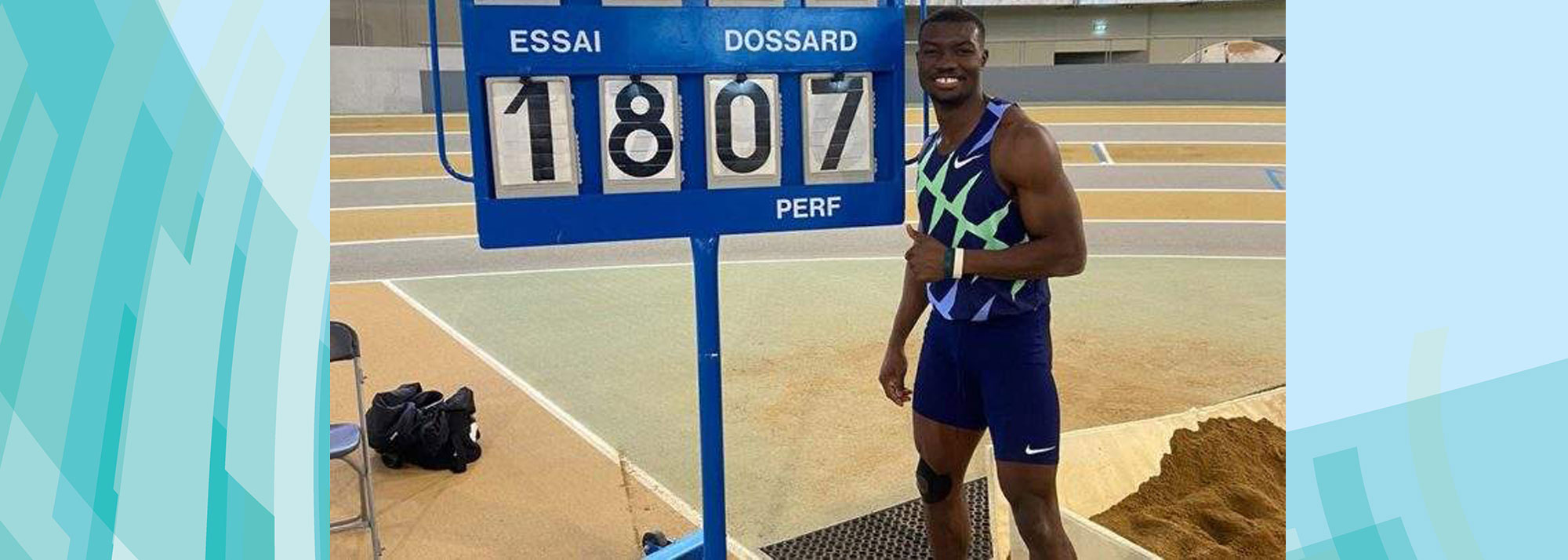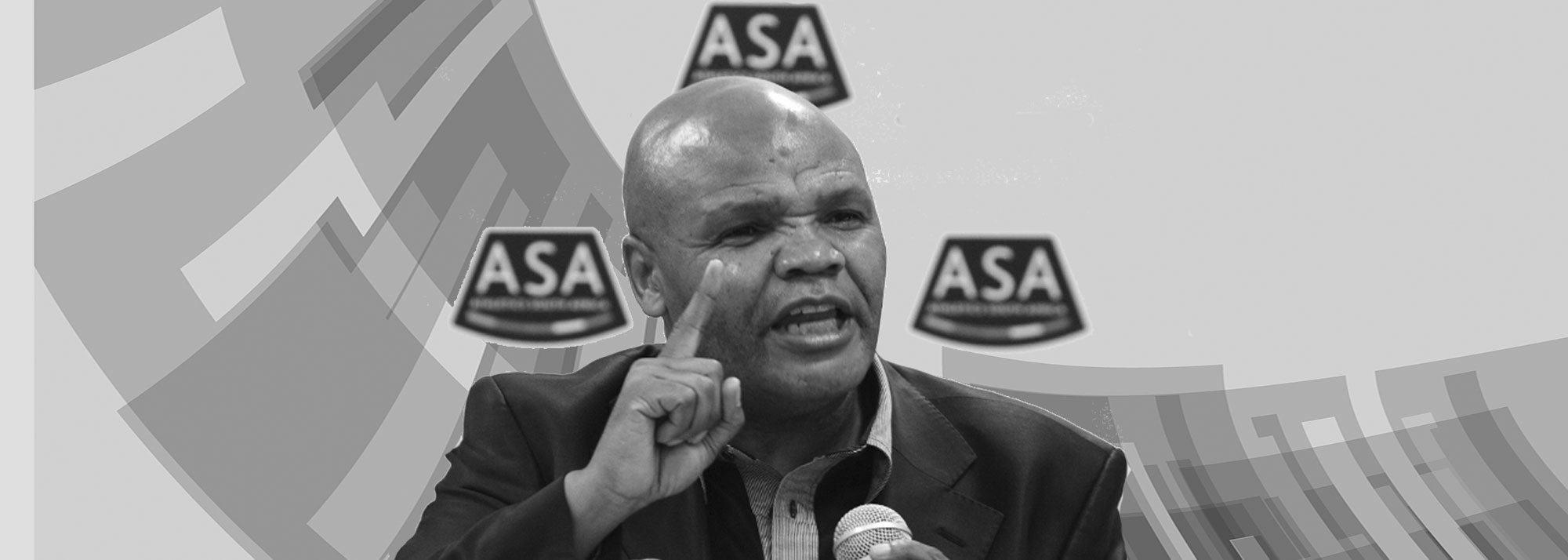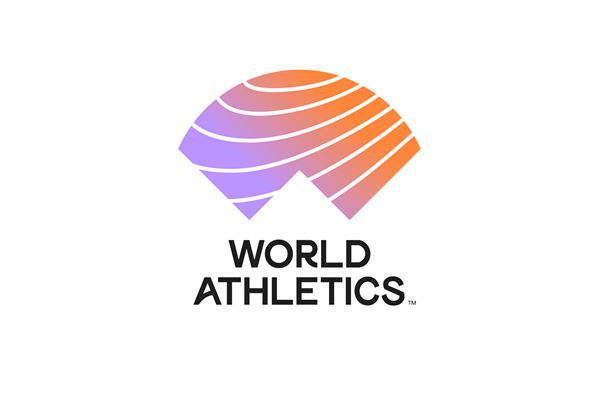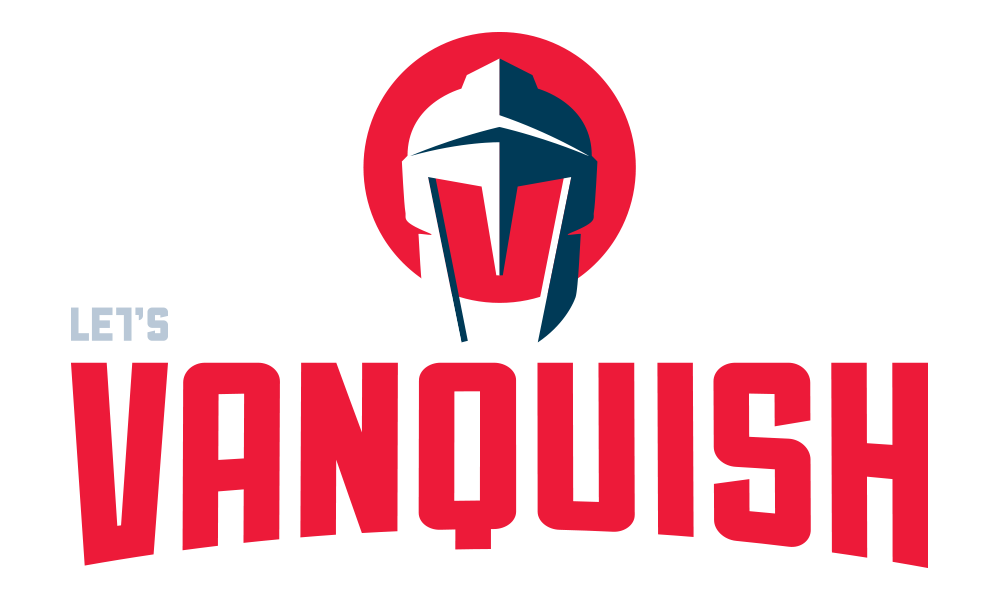For the very first time in our history, World Athletics is reaching out to the entire international athletics community to participate in a Global Conversation and contribute insights and feedback that will shape the future direction of the sport for the next decade.
"Athletics, as the mother of all sports, must overcome the Corona virus pandemic in order to maintain its rank as the leading sport at the Olympic Games"
African athletics have performed exceptionally well, despite the challenges presented by the global Covid-19 pandemic. The monumental performances by Ethiopia’s Letesenbet Gidey and Uganda’s Joshua Cheptegei’s to break two of the sport’s most revered world records were set in Valencia on October 7, 2020 in the span of a glorious hour. First, it was Gidey who achieved a superb performance, cutting off more than four seconds from the previous record set by his compatriot Tirunesh Dibaba 12 years earlier. A few minutes later, Cheptegei completed 25 laps in less than 63 seconds each on average to improve by more than six seconds the 15-year-old record by Ethiopia’s Kenenisa Bekele
The 6th edition of the Africa cross-country championships, previously planned to take place on 6 and 7 March 2021 in Lomé(Togo) is postponed to a later date. The announcement was made by the Confederation of African Athletics following a request by the Togolese authorities who raised sanitary measures to contain the expand of the Covid-19 pandemic. As a reminder, the event had already been postponed in 2020 due to presidential elections in Togo.
Residents of the African Athletic Development Center (AADC) in Dakar will be on the track at the Léopold Senghor Stadium this Saturday, January 30, 2021 for tests which should allow their current level of form to be assessed. Athletics is a sport where performance is measured precisely, in time and in centimeters.
World bronze medallist Hugues Fabrice Zango produced the first standout athletics moment of 2021 by sailing to a world indoor triple jump record of 18.07m in Aubiere on Saturday (16).
The Executive committee of the Association of National Olympic Committees of Africa (ANOCA) during its virtual meeting held on December 29, 2020, has appointed President Hamad Kalkaba Malboum as the Head of the Development Commission.
The Confederation African of Athletics has learned with dismay of the passing of Leonard Chuene, the first president of the South African Athletics Federation.
Leonard Chuene who passed away on Friday January 1, 2021, aged 68, was at the forefront with Banele Sindani and other colleagues in the unification process in the 1990s.




